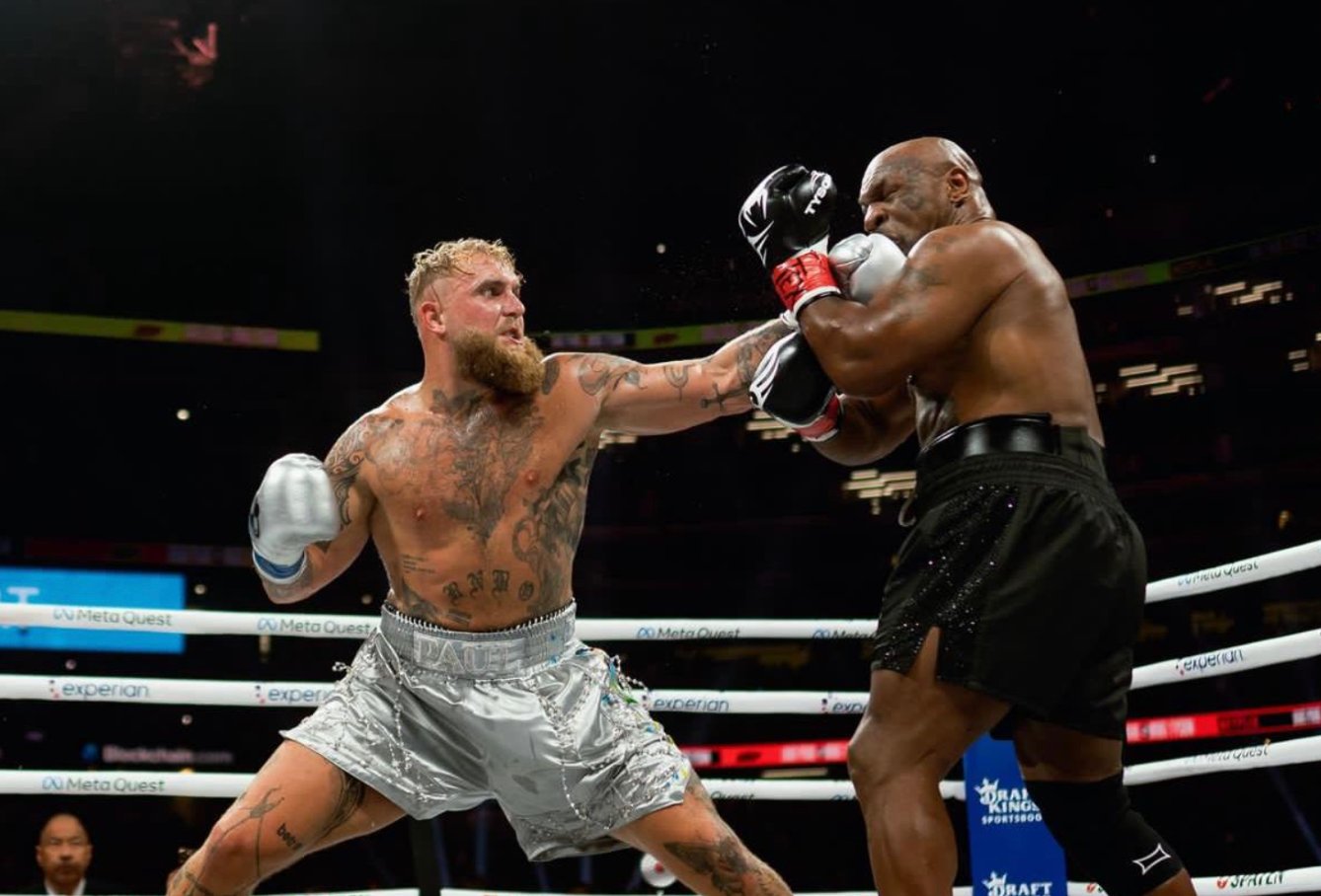Chinese stand-up comedian Chizi announced on November 8 that he would be deleting his account on Weibo, the Chinese equivalent of Twitter.
The move is unorthodox in China, but it speaks to the increasingly adverse environment that social media presents for celebrities and public figures.

Chizi went viral with his performances on Roast! and became one of the most popular comedians in China. Screengrab via YouTube
Speaking on the reasons behind his decision to divest from the social media platform, the comedian said, “netizens now are less humane, and more emotional without sympathy or love. They only have anger, or more accurately, ecstasy and anger.”
Chizi goes on to refer to netizens as “blademen,” adding, “each of them has a knife and, with their eyes closed, stabs whoever is talking.”

Chizi wrote a note to his followers explaining his rationale behind quitting Weibo. He used traditional Chinese characters while writing the letter and has been accused by netizens of being disloyal to Chinese mainland culture. Screengrab via Weibo
Chizi rose to fame with his appearance on the comedy variety show Roast!, which helped to bring broader awareness of stand-up comedy in China. He ran riot on the show, and many now believe that he is among the most talented Chinese comedians today.
This is not Chizi’s first run-in with social media users, however. In 2020, he spoke up for two celebrities, one who had helped raise awareness of Covid-19 and another who operated a charity foundation during the pandemic. Both of these individuals were still being shamed for past behavior.
In his post, Chizi wrote, “don’t bully honest people; if you want to start something, come find me.” Netizens took Chizi at his word and began leveling criticism at the comedian for covering for these celebrities.

Chizi performing in a club. Screengrab via YouTube
Nowadays, criticism of social media platforms like Weibo is not uncommon, as cyberbullying on the platform continues to rise. The platform has also been accused of separating people into factions rather than enabling communication.
Meanwhile, Weibo’s trending topic page is now controlled by the company, allegedly for commercial purposes.
“Opinions on social media are polarized, kind of similar to what the Red Guards did [during the Cultural Revolution]. When Chizi posted on Weibo with traditional Chinese characters, people thought he was trying to look different,” one netizen wrote about the situation, adding, “Isn’t traditional Chinese beautiful?”
There are few cases of celebrities and prominent figures publicizing their reasons for quitting social media. One high-profile incident involved Luo Xiang, a well-known scholar and educator specializing in Chinese law, who left Weibo in September 2020. He posted an excerpt from a book, and people assumed he was criticizing Dr. Zhong Nanshan, the coronavirus expert, who happened to be receiving a national award on the same day.
“Prize the virtues and do not be the slave of glory; for the former are immortal, while the latter soon fades,” Luo wrote. Although he added that he had written the post as a means of introspection, netizens didn’t believe him and continued to think he was referring to Dr. Zhong.

Luo Xiang offers online classes on the Chinese video-sharing website Bilibili. Screengrab via Bilibili
He later explained again that the two incidents were unrelated, but this seemingly fell on deaf ears.
After quitting Weibo, Luo maintained his Bilibili account to release his e-classes, and his students and fans can still interact with him there. But it seems Chizi has chosen to vanish from social media entirely.
Cover image via Weibo


















